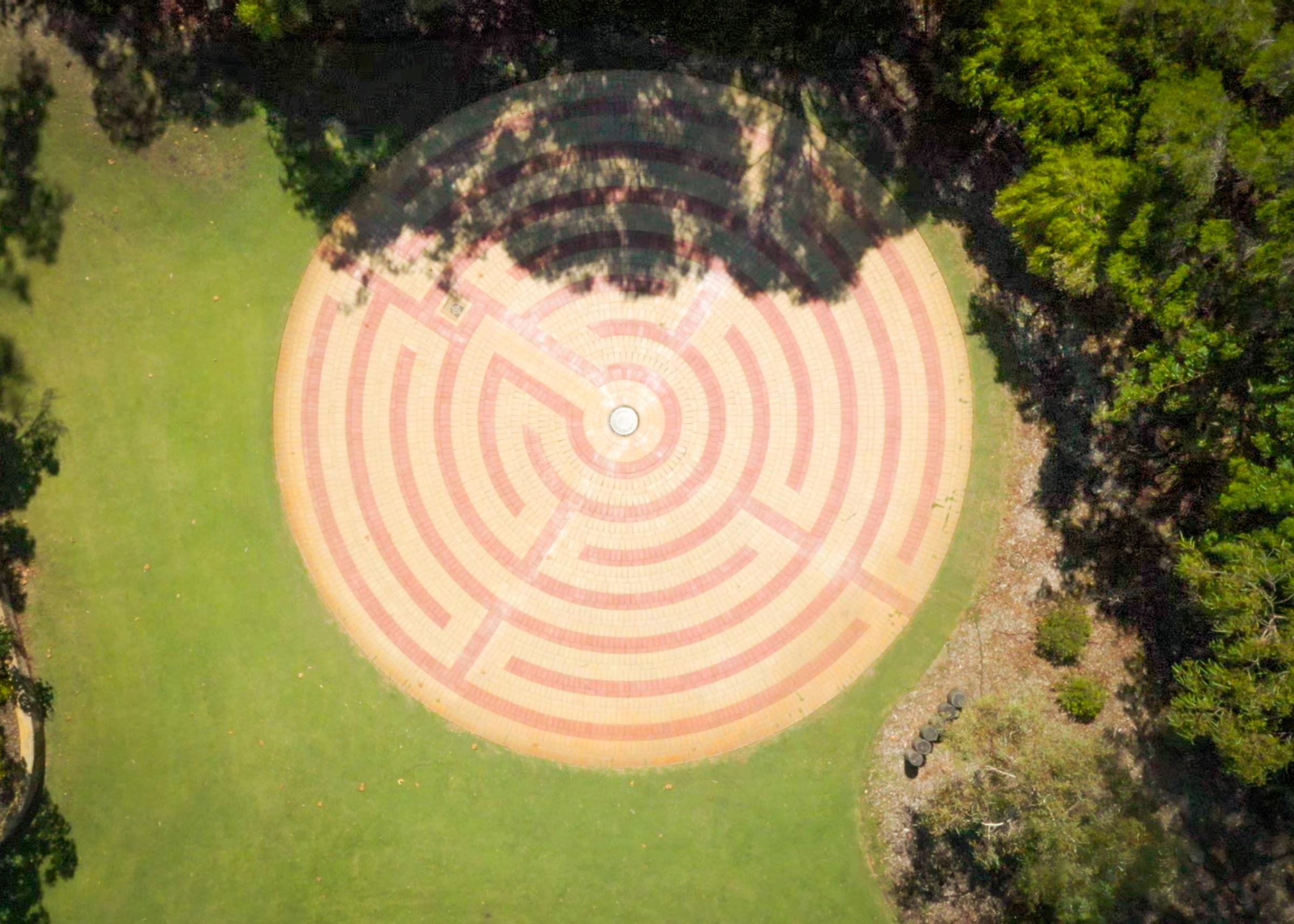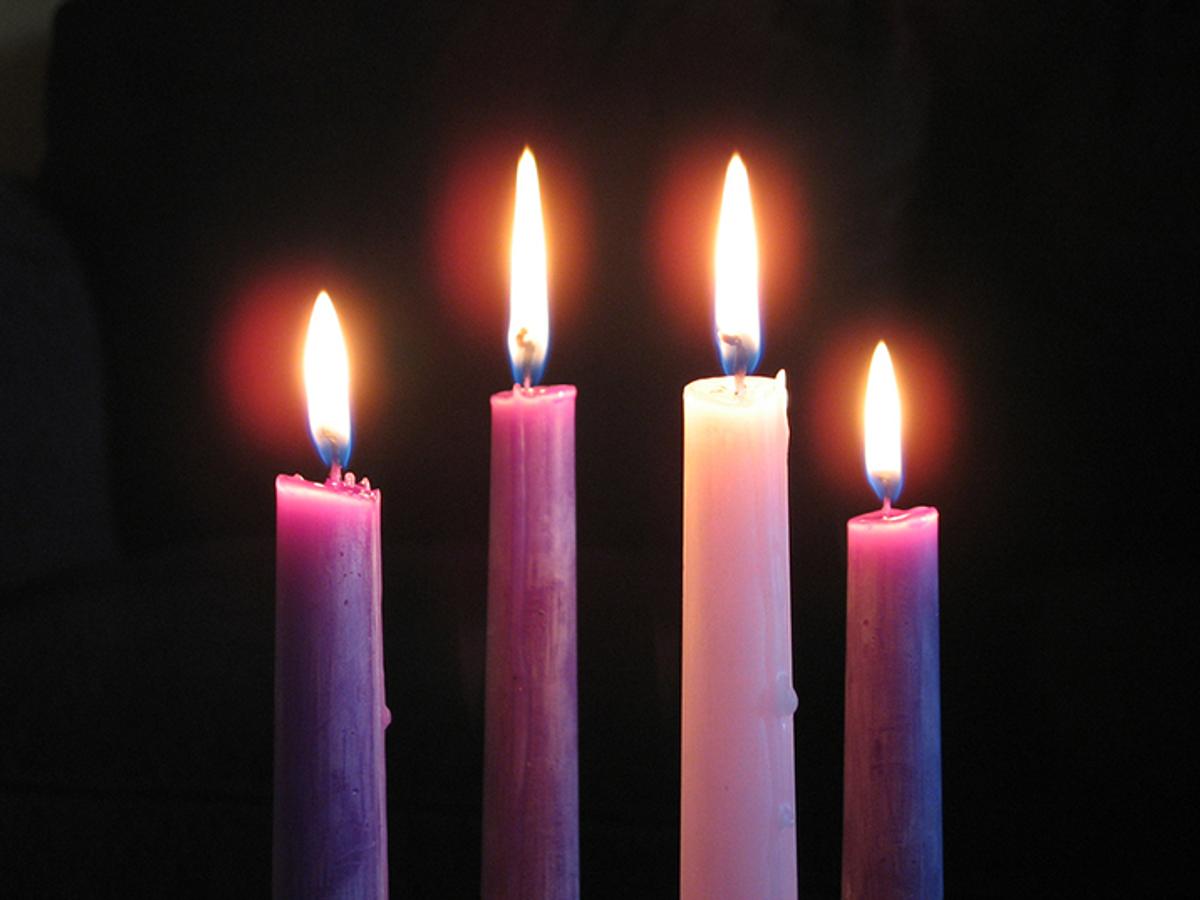Liturgy

Next week, our final Community Mass for 2021 will be prepared by students in Year 8. Families of Year 8 students are welcome to come to this ‘user-friendly’, joyous celebration, as are families from any year group, especially if you have not been able to attend so far this year. Parents are also welcome to stay for coffee in the Circle of Friends Café afterwards.
For any queries please contact Mary-Anne Lumley: mary-anne.lumley@cewa.edu.au
SACRAMENT PROGRAM
Congratulations
A special congratulations to students and their families who have recently celebrated sacraments in their ‘home’ parishes. Last weekend some Year 3 students celebrated their First Reconciliation in the parish of St Joseph’s, Subiaco.
Congratulations to
- Leon Raykos
- Benjamin Skerratt
- Ciara Thornton
Parents with students in Years 2, 3 and 5
Parishes are now planning for celebrations of the sacraments in 2021. Parents are encouraged to enrol their child in their ‘home’ parish once enrolments open.
Cottesloe/Mosman Park
Enrolment information and contact details for the Sacrament Coordinator may be found here.
City Beach
Enrolment information and contact details for the Sacrament Coordinator may be found here
If you would like further information about the Sacrament Program
- See our updates provided by some of our ‘local’ parishes;
- If your nearest parish is not listed, search the Archdiocesan website;
- Check the information available on the College website
- Contact Mary-Anne Lumley mary-anne.lumley@cew.edu.au 08 9383 0408
GOOD NEWS for the 1st Sunday of Advent
(Mark 13:33-37)
This week’s reflection, for the First Sunday of Advent is from Father Andrew Hamilton SJ. Father Andy is a Jesuit, a theologian, a writer and, among his many other roles, the Media Officer for Jesuit Social Services.
In Latin, an advent is an arrival; in the Church year it is a time of waiting. In the early Church it was both. It drew on the image of the arrival of the Emperor to a city, which was preceded by a time of anxious expectation spent in drawing up reports and balancing budgets. The Emperor might be expected to bring gifts, but he also exacted harsh punishment for corrupt administration, gross neglect and other crimes. The advent of the Emperor referred both to the expectation of his coming and his actual arrival.
The image of the Emperor’s arrival fits well the weeks before Christmas. We celebrate the coming of the Son of God to join our world at Christmas, and so prepare for his coming. We also look ahead to the coming of the Son of God at the end of time to judge the world, and reflect seriously on our lives.
These two aspects of Advent are expressed in the liturgy. As each candle of the Advent wreath is lit we come closer to Christmas. The colour of Advent is purple. This colour was reserved to the Emperor in Roman times, and so it reminds us that it is the Son of God who is coming among us at Advent.
This year the theme of waiting in hope is particularly fitting. Having spent twelve months confronted with bushfires and coronavirus we are hanging out for a Christmas when we can be with family and friends and free from care. The joy and hope of the coming of Christ at Christmas at the end of a long journey to Bethlehem awaken in us, even as they are at odds with the restricted daily reality of our lives. We look forward to the coming of Christ at all levels of our lives.
Many of the Advent Mass readings are taken from the Book of Isaiah, composed both before and during the exile of the people of Judaea. It was a time of anxiety and despair. Isaiah’s images describe both the harsh reality of his times and the comfort of God’s promise to the people. They move from the dryness of the desert to promise a green land of fertile valleys and flowing streams and of trees bearing plentiful fruit. They represent the sadness of exile, of being driven out of one’s own home, culture and language and temple, and the exuberant joy with which they will return to a new Jerusalem where God will rule over a faithful and prosperous people. Isaiah describes a grieving, divided and despairing nation, and its transformation into a people at home with God and with one another.
This Advent again takes us into the mystery of God’s coming to us in Jesus and of our own lives and world. It allows us to turn our anxiety and impatience at the effects of the virus into a steady waiting on God. It also invites us to attend to the people in our world who are treated harshly, and especially the refugees who, like the people of Israel at Isaiah’s time, have been made destitute this year, and who wait on God’s help and our kindness.
© Andrew Hamilton


